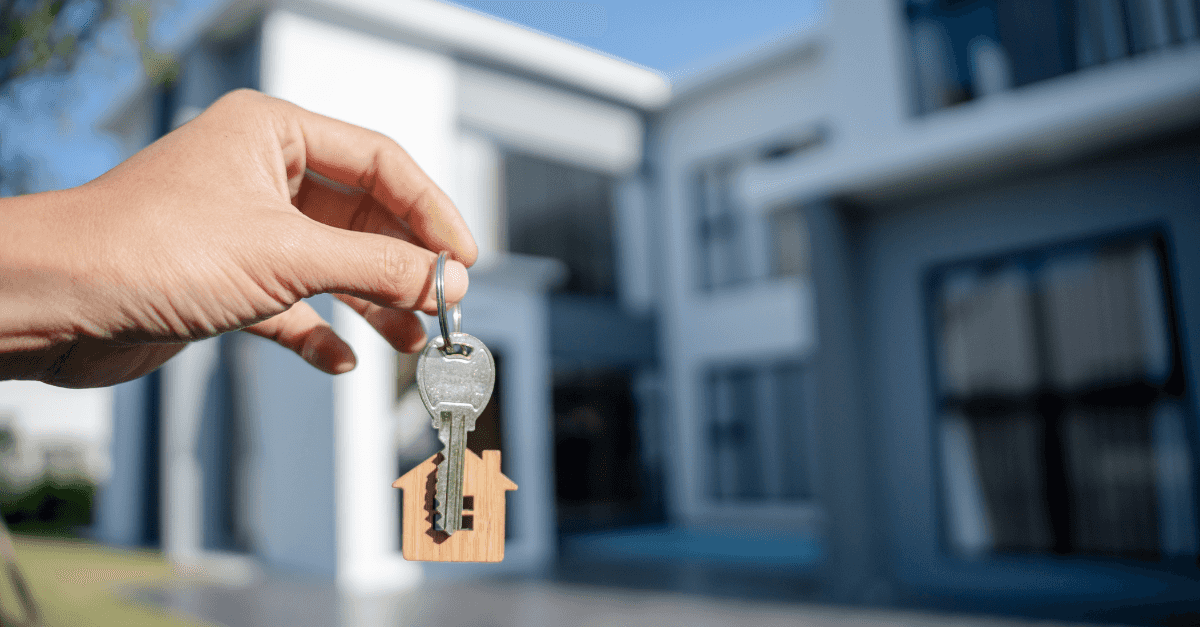Future-Proof Your Home: Top Inspection Tips for Buyers in 2024

Investing in a home is one of the most significant financial decisions we make in our lives. Your home is not just a place to live but also an investment for the future. When purchasing a home, it is crucial to consider “future-proofing” as an essential factor. Future-proofing is about making strategic choices that will ensure your home remains functional and valuable for years to come whether you plan to sell or make it your forever home. By investing in a future-proof home, you can enjoy numerous benefits and avoid potential risks.
The Role of Home Inspections in Future-Proofing Your Purchase
When it comes to future-proofing your home purchase, home inspections play a vital role. A home inspection is a thorough examination of a property’s condition, conducted by a professional inspector. It provides valuable insights into the current state of the property and helps identify potential issues that may affect its long-term functionality and value.
Home inspections are essential because they allow you to make an informed decision based on accurate information about the property’s condition. By uncovering any hidden problems or deficiencies, you can negotiate repairs or price adjustments with the seller before finalizing the purchase. This step is crucial as it can save you from unexpected expenses and ensure that you are investing in a future-proof home.
During a home inspection, the inspector will assess various aspects of the property, including its structural integrity, electrical and plumbing systems, HVAC system, roof, and exterior. They will also evaluate potential issues such as water damage, moisture problems, and pest infestations. By thoroughly examining these areas, you can gain a comprehensive understanding of the property’s condition and identify any potential red flags that may impact its future functionality.
Top Inspection Tips for Buyers in 2024
| Inspection Tips | Description |
|---|---|
| Roof | Check for any signs of damage or wear and tear, including missing shingles, leaks, or cracks. |
| Foundation | Look for any cracks or settling in the foundation, which could indicate structural issues. |
| Electrical | Ensure that all electrical systems are up to code and functioning properly, including outlets, switches, and circuit breakers. |
| Plumbing | Check for leaks, water pressure, and proper drainage in sinks, toilets, and showers. |
| Heating and Cooling | Inspect the HVAC system to ensure it is working properly and efficiently, and check for any signs of damage or wear and tear. |
| Appliances | Test all appliances to ensure they are in good working order, including the stove, refrigerator, dishwasher, and washer/dryer. |
| Windows and Doors | Check for any drafts or air leaks around windows and doors, and ensure that they open and close properly. |
| Attic and Insulation | Inspect the attic for proper insulation and ventilation, which can impact energy efficiency and prevent moisture buildup. |
As we enter the 2024 home purchasing season, it is essential for buyers to be aware of the top inspection tips to future-proof their home purchase. These tips will help you make informed decisions and ensure that you are investing in a property that meets your long-term needs and expectations.
1. Inspecting the structural integrity of the property: The structural integrity of a home is crucial for its long-term stability and safety. During the inspection, pay close attention to the foundation, walls, and roof. Look for signs of cracks, sagging, or water damage, as these can indicate potential structural issues.
2. Checking for water damage and moisture issues: Water damage and moisture problems can lead to mold growth, rot, and other costly repairs. Inspect the property for signs of water stains, musty odors, or dampness. Pay attention to areas such as basements, bathrooms, and around windows and doors.
3. Evaluating the electrical and plumbing systems: The electrical and plumbing systems are essential for a functional home. Ensure that the electrical wiring is up to code and that there are no outdated or faulty components. Test all faucets, toilets, and showers to check for leaks or low water pressure.
4. Assessing the HVAC system and energy efficiency: Heating, ventilation, and air conditioning (HVAC) systems play a significant role in a home’s comfort and energy efficiency. Have the HVAC system inspected to ensure it is in good working condition. Additionally, consider the property’s energy efficiency by checking insulation levels, windows, and appliances.
5. Examining the roof and exterior of the property: The roof is one of the most critical components of a home’s structure. Inspect it for any signs of damage or wear, such as missing shingles or leaks. Additionally, examine the exterior of the property for issues such as cracks in the siding or foundation.
6. Investigating the neighborhood and surrounding area: Future-proofing your home purchase goes beyond the property itself. Consider the neighborhood and surrounding area to ensure it meets your long-term needs. Research factors such as schools, amenities, transportation, and potential future developments that may impact property values.
In conclusion, being aware of what needs to be addressed and investing in your home can provide you with long-term satisfaction and value. By considering future-proofing factors such as energy efficiency, structural integrity, and neighborhood development, you can make an informed decision and enjoy a home that meets your needs for years to come.

